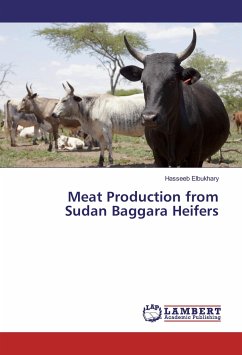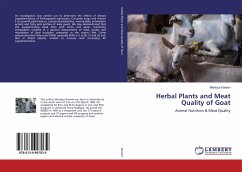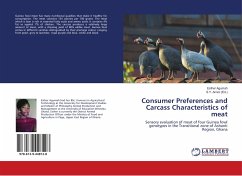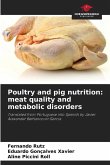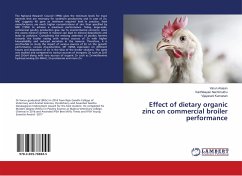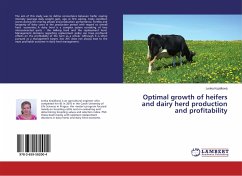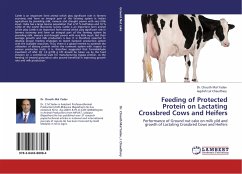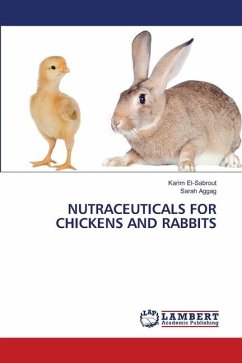Most of beef produced in the Sudan is from male cattle either bulls or steers, while heifers and cows are kept only for breeding purposes. Of Sudanese cattle Baggara is the most dominant and contribute the largest share in meat production. They are kept by nomads mainly as a source of wealth and to some extent are sold for meat production, while milk is considered as a secondary product and is used mainly for family consumption. Culled heifers and cows are sold directly off the range in a very lean condition for slaughter mainly in country sides. Retaining heifers for herd replacement and aged cows in the herd had no significant economic value and result in over stocking, which will eventually lead to over grazing. There is a lack of published information on the performance, type of carcass and meat that can be produced from Baggara heifers when fattened. This is the only book highlighting their importance roll in contributing to meat productivity in the Sudan. The book will be of great value to researches, field-workers, to government planners and managers, and to teachers and students of livestock and beef production.

